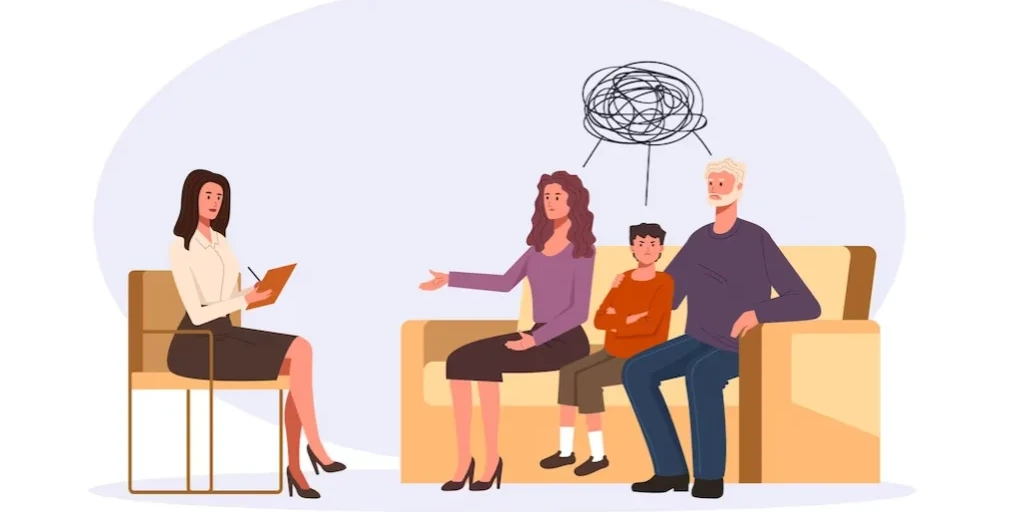24/7 Helpline:
(866) 899-221924/7 Helpline:
(866) 899-2219
Learn more about Group Therapy centers in Ackerman
Group Therapy in Other Cities

Other Insurance Options

Horizon Healthcare Service

Ambetter

Coventry Health Care

Regence

Multiplan

Cigna

GEHA

Holman Group

Carleon

Kaiser Permanente

Health Net

BHS | Behavioral Health Systems

Access to Recovery (ATR) Voucher

Molina Healthcare

State Farm

AllWell

MVP Healthcare

Evernorth

MHNNet Behavioral Health

Self-pay options

Community Counseling Services
Community Counseling Services is a private rehab located in Ackerman, Mississippi. Community Counsel...


























